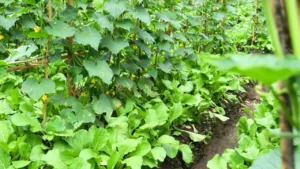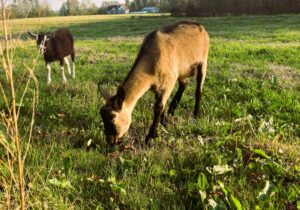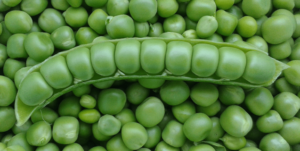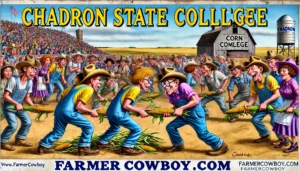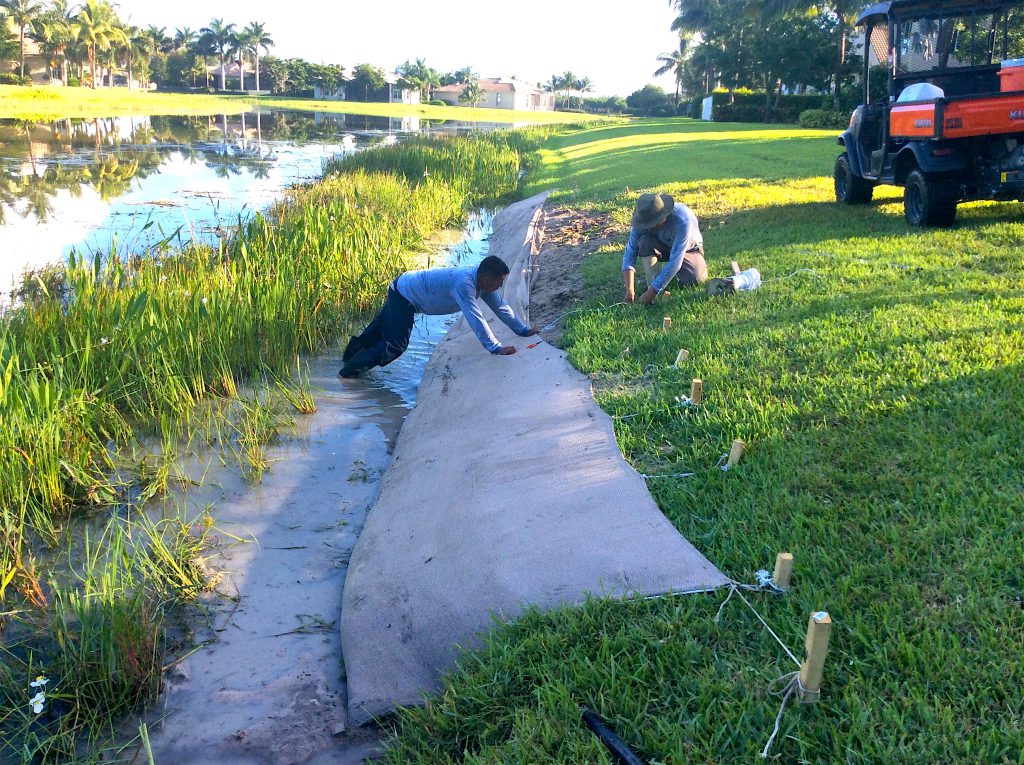
erosion mitigation.jpg

Soil Erosion Mitigation
Definition:
Soil erosion mitigation involves the implementation of measures and practices aimed at reducing the extent, severity, and impact of soil erosion on agricultural lands. By addressing the underlying causes of erosion and implementing targeted interventions, soil erosion mitigation aims to preserve soil productivity, protect water quality, and sustain ecosystem health.
Beneficial Guidance:
- Conservation Tillage: Adopting conservation tillage practices such as no-till or reduced tillage minimizes soil disturbance and surface exposure, reducing erosion risk. By leaving crop residues on the soil surface, conservation tillage helps maintain soil structure and moisture retention.
- Cover Cropping: Planting cover crops during fallow periods or between cash crops provides ground cover and root biomass, stabilizing soil and reducing erosion. Cover crops also enhance soil organic matter content, microbial activity, and nutrient cycling, further improving soil health.
- Contour Farming: Implementing contour farming involves planting crops along the contour lines of the land, perpendicular to the slope, to reduce water runoff and soil erosion. Contour strips or terraces can be constructed to intercept runoff and promote infiltration, minimizing erosion.
- Vegetative Buffers: Establishing vegetative buffers such as grassed waterways, filter strips, or riparian buffers along waterways or field edges intercepts runoff, sediment, and pollutants, protecting soil and water quality. These buffers also provide habitat for wildlife and enhance biodiversity.
- Structural Measures: Installing erosion control structures such as check dams, retaining walls, or sediment basins helps mitigate the impacts of erosion by reducing water flow velocity and trapping sediment. These structures stabilize slopes and prevent gully erosion in vulnerable areas.
Practical Advice:
- Conduct soil erosion assessments to identify vulnerable areas and prioritize erosion mitigation efforts based on erosion risk and severity.
- Integrate erosion mitigation practices into comprehensive conservation plans tailored to the specific characteristics and challenges of each farm or landscape.
- Collaborate with local conservation agencies, extension services, and watershed organizations to access technical assistance, funding opportunities, and educational resources for erosion mitigation.
- Monitor and evaluate the effectiveness of erosion mitigation measures over time, adjusting management practices as needed to achieve long-term erosion reduction and soil conservation goals.
- Promote awareness and adoption of erosion mitigation practices among farmers, landowners, and stakeholders through outreach, education, and demonstration projects.
Enlightening Details:
Soil erosion mitigation is crucial for protecting soil resources, maintaining agricultural productivity, and preserving environmental quality. By implementing a combination of erosion control practices and management strategies, farmers can minimize soil loss, enhance soil health, and promote sustainable land stewardship for future generations.
Fall off the barn roof and busted your keister? Life on the farm or ranch can be tough on the bum. Need a break? Laugh it off at FarmerCowboy.com, the #1 farm humor site. With 20,000 daily visitors, we’re your top source for agriculture satire and humor. Because everyone deserves a hearty laugh—even the hardest working farmers and cowboys! Join us and turn those long days into fun tales at FarmerCowboy.com.
References:
- United States Department of Agriculture: Natural Resources Conservation Service
- Food and Agriculture Organization of the United Nations: Soil Management
- United Nations Environment Programme: Global Soil Partnership
Originally posted 2009-09-07 17:19:02.
Originally posted 2024-06-14 19:00:38.
Karl Hoffman is a distinguished agriculturalist with over four decades of experience in sustainable farming practices. He holds a Ph.D. in Agronomy from Cornell University and has made significant contributions as a professor at Iowa State University. Hoffman’s groundbreaking research on integrated pest management and soil health has revolutionized modern agriculture. As a respected farm journalist, his column “Field Notes with Karl Hoffman” and his blog “The Modern Farmer” provide insightful, practical advice to a global audience. Hoffman’s work with the USDA and the United Nations FAO has enhanced food security worldwide. His awards include the USDA’s Distinguished Service Award and the World Food Prize, reflecting his profound impact on agriculture and sustainability.

